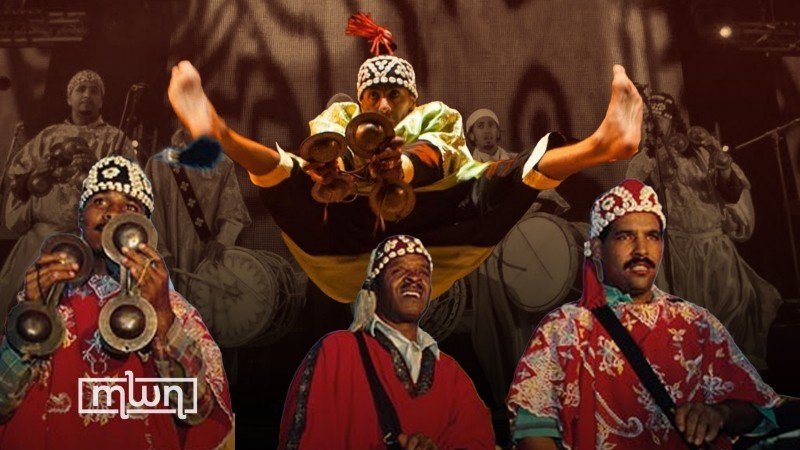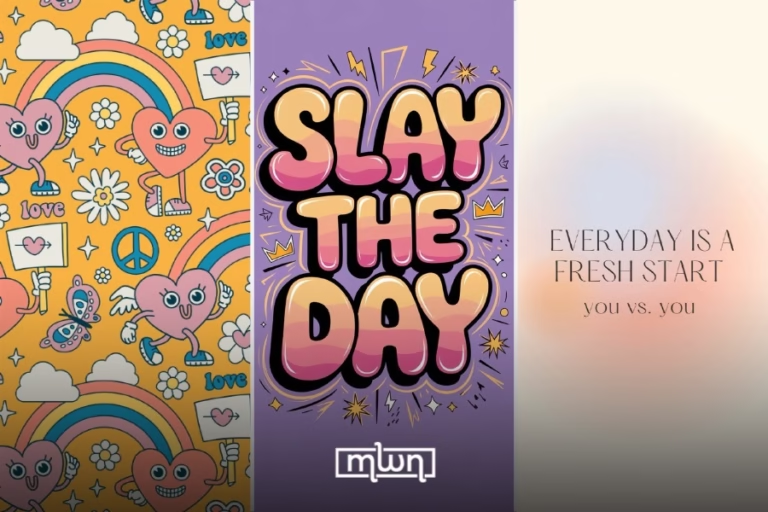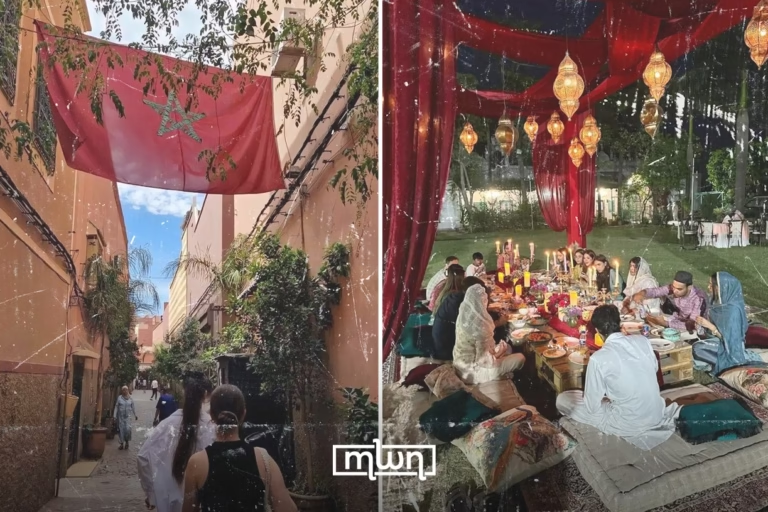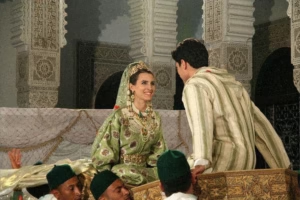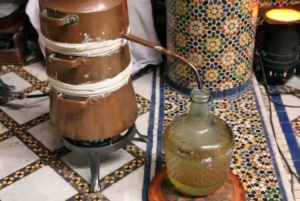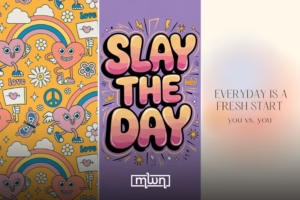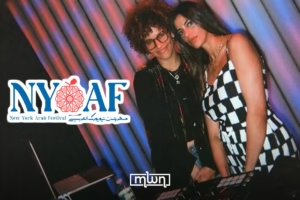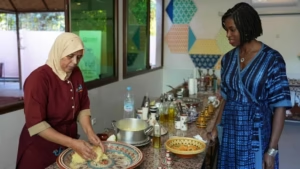Doha – “The global success of Gnaoua music is both a cause for celebration and a prompt for reflection. It highlights the immense potential of music and other creative and cultural activities to generate income and meaningful employment, particularly for youth.”
This apt observation about one of the most iconic Moroccan musical genres was made by Isabelle Tsakok, Senior Fellow at the Policy Center for the New South, in a recent policy brief titled “Cultural and Creative Industries: Gnaoua Music and Socio-Economic Development Potential.”
Published this month to coincide with the 25th anniversary of the Gnaoua World Music Festival in Essaouira, the brief argues that despite the wealth of cultural and creative industries (CCI) in Morocco, their development potential remains largely untapped.
Tsakok situates Gnaoua music within Morocco’s diverse CCI landscape, which includes arts and culture, media, design, publishing, audiovisual, cinema, visual and graphic arts, performing arts, music, cultural institutions and event organization.
She notes the particular promise of emerging sectors like the film industry, digital arts and video games.
“Gnaoua music originated from slaves who were traded along the Saharan caravan routes from the 8th century onwards,” explains Tsakok. “These slaves, along with commodities like gold, ivory, ostrich feathers, and henna, were exchanged for salt, silver, textiles and other goods from Europe.”
Read also: New Art Show Spotlighting Gnaoua Music Opens in Essaouira
The policy brief highlights striking parallels between Gnaoua music and Black music in the African diaspora of the Americas, with shared characteristics like strong rhythms, pentatonic scales, polyrhythms, call and response patterns, and roots in spirituality and social activism.
It cites the profound influence of African musical traditions on globally popular genres like blues, jazz, rock and roll, and hip hop.
Tsakok identifies the 1999 launch of the Gnaoua World Music Festival as a pivotal turning point in raising Gnaoua music from obscurity to global prominence.
She quotes festival co-founder Neila Tazi on how the event exemplifies “music’s power to convey deep messages” and promote “values of equality, inclusiveness, open mindedness and peace.”
Looking to the future, the study emphasizes the need for a comprehensive national strategy to build a thriving ecosystem for CCI in Morocco.
“To cultivate a thriving ecosystem for CCI, further efforts are needed, particularly in addressing high production and distribution costs, significant risks, and intense global competition,” states Tsakok.
The policy brief raises critical questions for discussion as Morocco seeks to strategically revitalize its cultural and creative industries both domestically and on the international stage.
And it concludes by calling on the Moroccan government to engage experienced stakeholders in developing a national strategy to unlock the sector’s significant socio-economic development potential.

